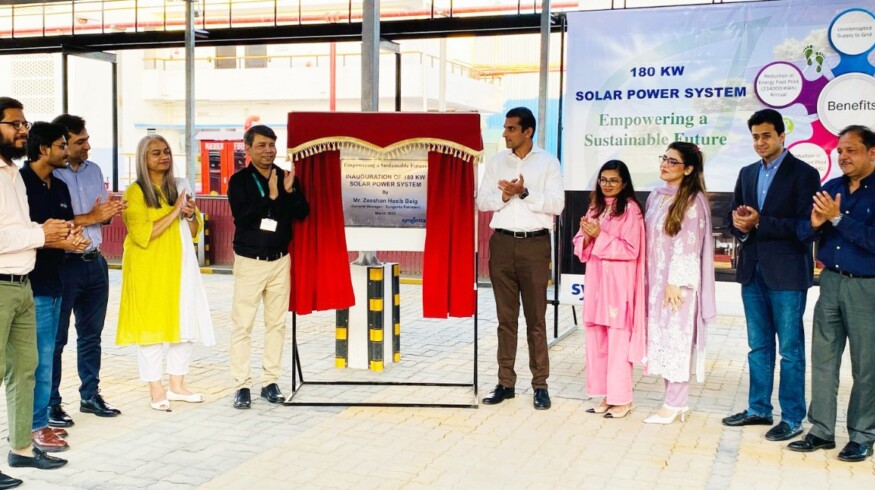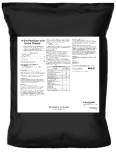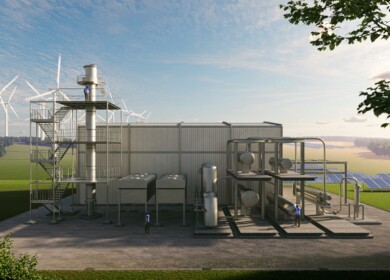Syngenta Pakistan advances solar energy use to power Karachi operations

Syngenta has significantly bolstered its commitment to sustainability by installing a new solar energy plant at its Karachi factory, capable of producing over 300 kW of solar power. This development is part of a broader initiative to transition its facilities across Pakistan to renewable energy, reflecting the company’s dedication to environmental stewardship and reduced operational costs.
The company’s manufacturing facility in Karachi, along with its warehouses in Lahore, Multan, and Rahimyar Khan, is being converted to harness solar energy. This move aligns with Syngenta’s strategy to decrease greenhouse gas emissions and support sustainable agricultural practices.
During the solar energy system’s inaugural ceremony, Zeeshan Baig, the Country General Manager for Syngenta Pakistan, emphasized the project’s importance. “This is an important milestone for Syngenta Pakistan as we transition our manufacturing facility to solar energy. As a responsible corporate entity, Syngenta Pakistan is committed to playing its part in ensuring sustainable growth that is fully aligned with the Syngenta Group’s global sustainability vision,” Baig stated.
Syngenta’s global mission is to enhance food production for a growing population while minimizing environmental impact. The company has set ambitious targets to reduce its carbon footprint by 68 percent by 2030, relative to its 2016 levels. This target is in line with the global efforts required to keep temperature increases below 2°C compared to pre-industrial levels.
The company reports that approximately 90 percent of its total carbon footprint is attributed to its supply chain, with the remaining 10 percent stemming from its operations. To meet its 2030 goals, Syngenta is focused on improving the efficiency of its manufacturing processes and implementing energy-saving measures across its sites. The company is also enhancing the proportion of renewable energy sources in its operations and working collaboratively with suppliers in the crop protection and seeds sectors to reduce their environmental footprints.
Over a decade ago, the Syngenta Group was among the first in the industry to adopt a comprehensive sustainability plan, which continues to guide its operations. With the global population expected to reach 9.7 billion by 2050, the challenge of increasing food production while conserving natural resources and minimizing environmental impacts becomes more pressing. Syngenta’s adherence to the HSE Code of Practice on Environmental Sustainability ensures that its operations are sustainable, focusing on resource conservation, emission reductions, and optimizing logistics to achieve greater environmental sustainability.
Enjoyed this story?
Every Monday, our subscribers get their hands on a digest of the most trending agriculture news. You can join them too!












Discussion0 comments